China Telecom finds "success" with subsidized iPhones

Readers that live in the US often take for granted that carrier subsidies make the barrier to owning a smartphone much lower than it is in the rest of the world. Apple in particular benefits from the illusion that subsidized pricing can create, because they have managed to extract industry-leading subsidies from the carriers, which results in the more expensive iPhone appearing to cost the same amount as top end Android handsets (and on Verizon it often appeared to cost less than leading Android devices).
While subsidies can be found in other countries, consumers more often pay full retail, or at least smaller subsidies that more accurately reflect the actual cost of the device. This may be one reason why Android dominates iOS more outside of the United States than it does within. The practice of paying full subsidies for the iPhone was recently implemented by China Telecom, and the company is claiming some success in the process. China Telecom, for readers not familiar with it, China Telecom is China’s smallest mobile operator, so it was looking for a vehicle to drive customer adoption. They decided to try subsidies of the iPhone 4S in exchange for 2-3 year contracts, and now they have reported a stronger than expected Q2 in which they gained 8.35 million new customers and saw the average revenue per customer rise.
China Telecom Chairman and CEO Wang Xiaochu is attributing that growth to the iPhone, indicating that the “investment [in the iPhone] is helping us expand into the high-end market and achieve breakthroughs in our mobile business … enhancing our long-term value.” As a Chinese carrier offering a low price barrier to getting an iPhone the move is proving to be a strategically sound way to attract customers, but whether it will turn out well for profitability is still up in the air. Margins are down at the company despite revenue growth due to the cost of the subsidies.
Wang indicated that this trend won’t abate anytime soon, saying “The effect of the iPhone began to show in the second quarter, leading to the increase in mobile subsidies. In the second half, mobile subsidies will be more or less the same as the first half.” So much like in the US it appears that offering a subsidized iPhone is a good way to attract customers, but paying the heftier subsidies makes it harder to profit from them. At least one Chinese carrier has already decided to skip the next iPhone model, so it will be interesting to see how other Chinese carriers react.
source: China Telecom via AllThingsD
source: China Telecom via AllThingsD
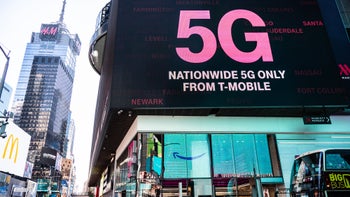

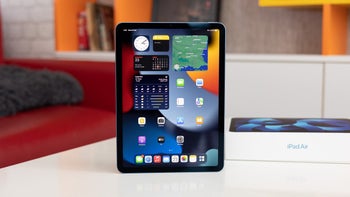

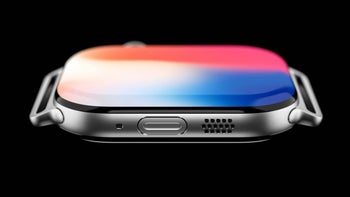


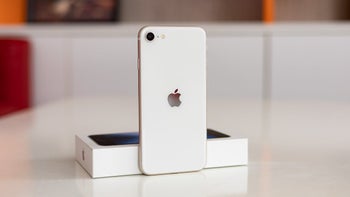

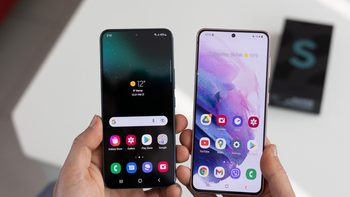


Things that are NOT allowed: